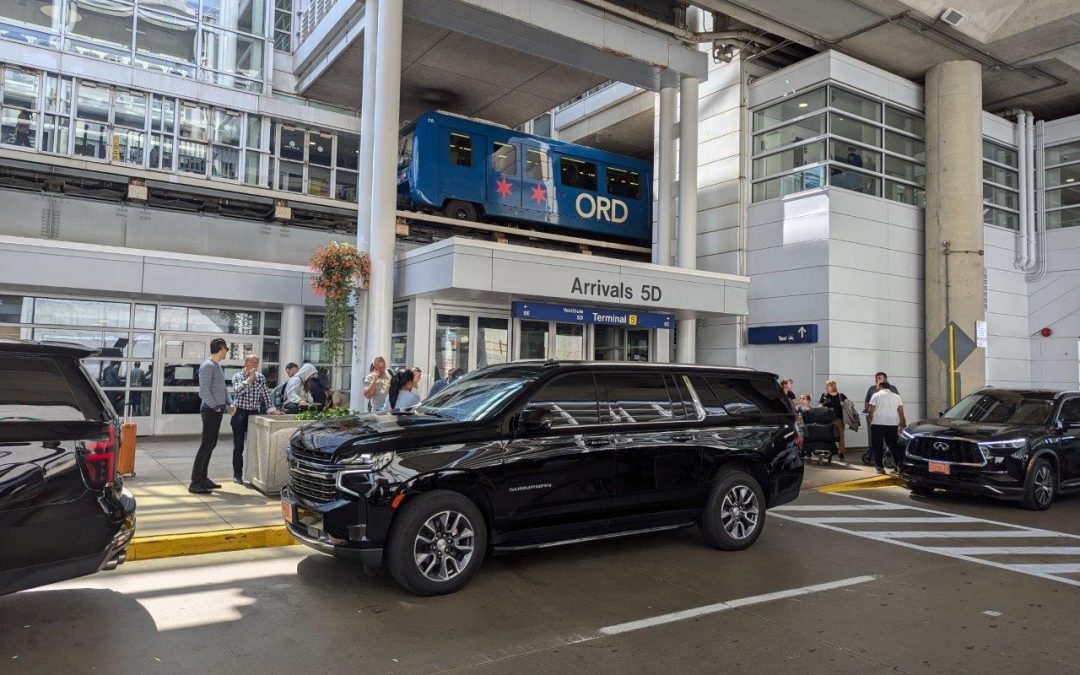How the US Government Shutdown Can Impact Travel
When the US government shuts down, travelers across the country feel the effects almost immediately. A shutdown doesn’t stop the entire system, but it slows down many key operations that keep travel moving smoothly.
From airport security lines to passport offices, each agency has its own plan for how to operate with limited funding. Understanding these effects helps travelers prepare — especially if you’re planning a flight, cruise, or international trip in the coming weeks.
Airports and TSA operations
The Transportation Security Administration (TSA) continues screening passengers during a shutdown, but pay delays can lead to staffing shortages. In past shutdowns, this caused longer lines and occasional checkpoint closures at busy airports like O’Hare and Midway in Chicago.
Air traffic controllers also continue working, since their jobs are considered essential. However, reduced administrative staff may still create slower coordination, minor flight delays, and longer response times for rerouting during severe weather.
Passport and visa processing
Passport agencies usually stay open as long as the State Department still has available funds from previous budgets. Still, as a shutdown continues, those reserves can run out. This means delays for new passport applications, renewals, or visa processing.
To check the latest information on travel documents, visit the official U.S. State Department Travel website.
National parks and tourism sites
National parks and federal monuments often close or operate with limited staff. Some locations remain open but without restroom maintenance, visitor services, or guided tours. Travelers should verify local park updates before setting out, as closures can happen suddenly.
Major destinations like Yellowstone, the Grand Canyon, or even smaller regional parks may have restricted access or safety issues due to reduced ranger presence.
Airline schedules and customer support
Airlines are private companies, so their operations usually continue without interruption. However, they depend on several federal systems, including air traffic control, customs, and weather monitoring. If these agencies face delays, flight schedules and customer service wait times can increase.
For business travelers flying through Chicago, it’s smart to build extra time into your schedule. Delays can cascade, especially on days with heavy flight volume or severe weather events.
How travelers can prepare
- Check airline apps for real-time updates on flight status.
- Renew passports early to avoid delays in processing.
- Keep travel insurance active in case of cancellations or rescheduling.
- Allow extra time for airport security screening.
- Confirm hotel and ground transportation reservations ahead of arrival.
Chicago limousine services remain available
Even during a federal shutdown, local transportation companies continue serving travelers. Our Chicago limousine service remains fully operational, providing airport transfers and private rides throughout Illinois and neighboring states.
If you need reliable ground transportation during this period, you can view travel rates and availability here. Advance bookings are recommended when flights may face unexpected delays.
Key takeaway
A U.S. government shutdown doesn’t halt travel entirely, but it adds uncertainty. With preparation, awareness, and dependable local transport, travelers can minimize disruptions and stay on schedule until full federal operations resume.

